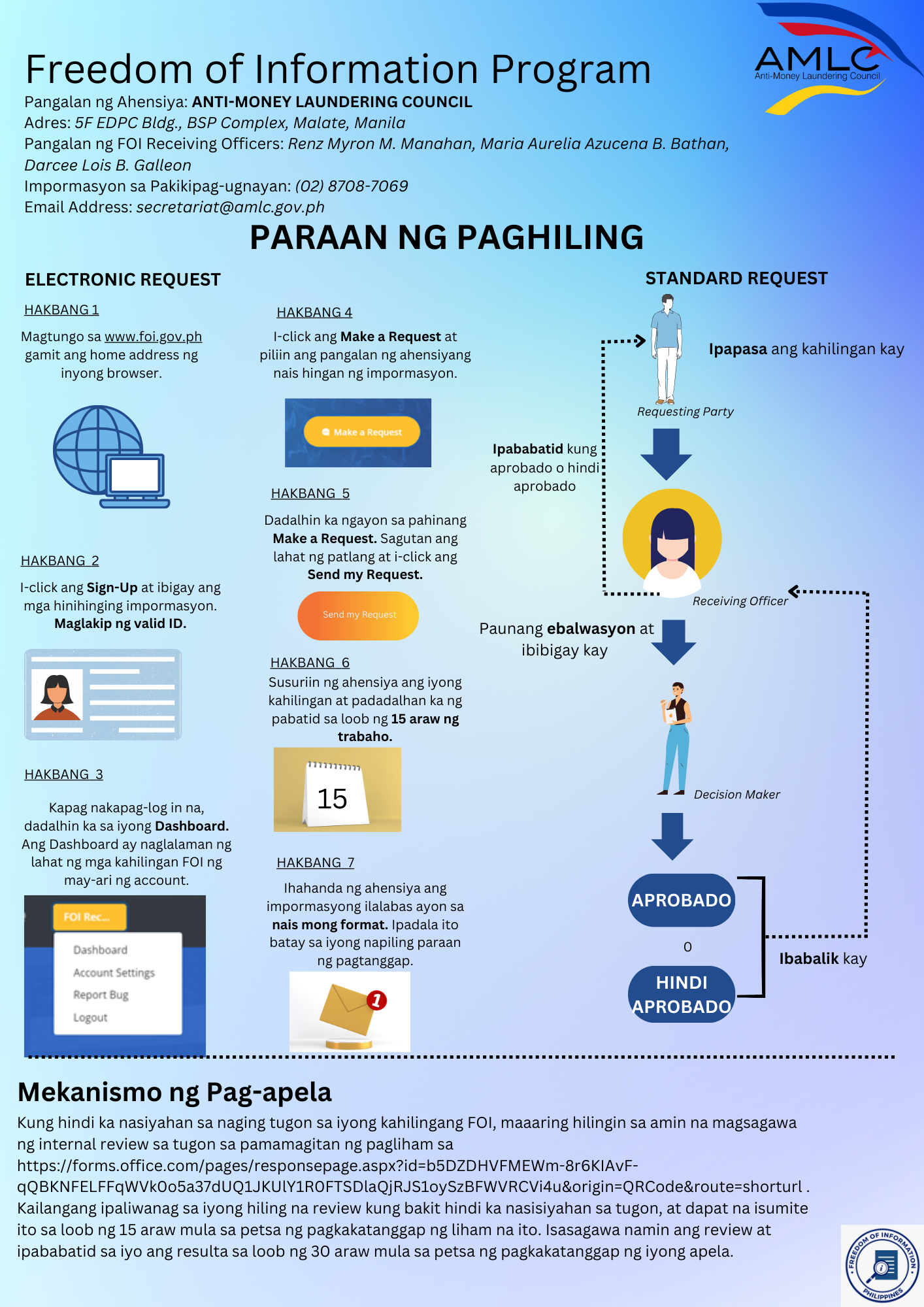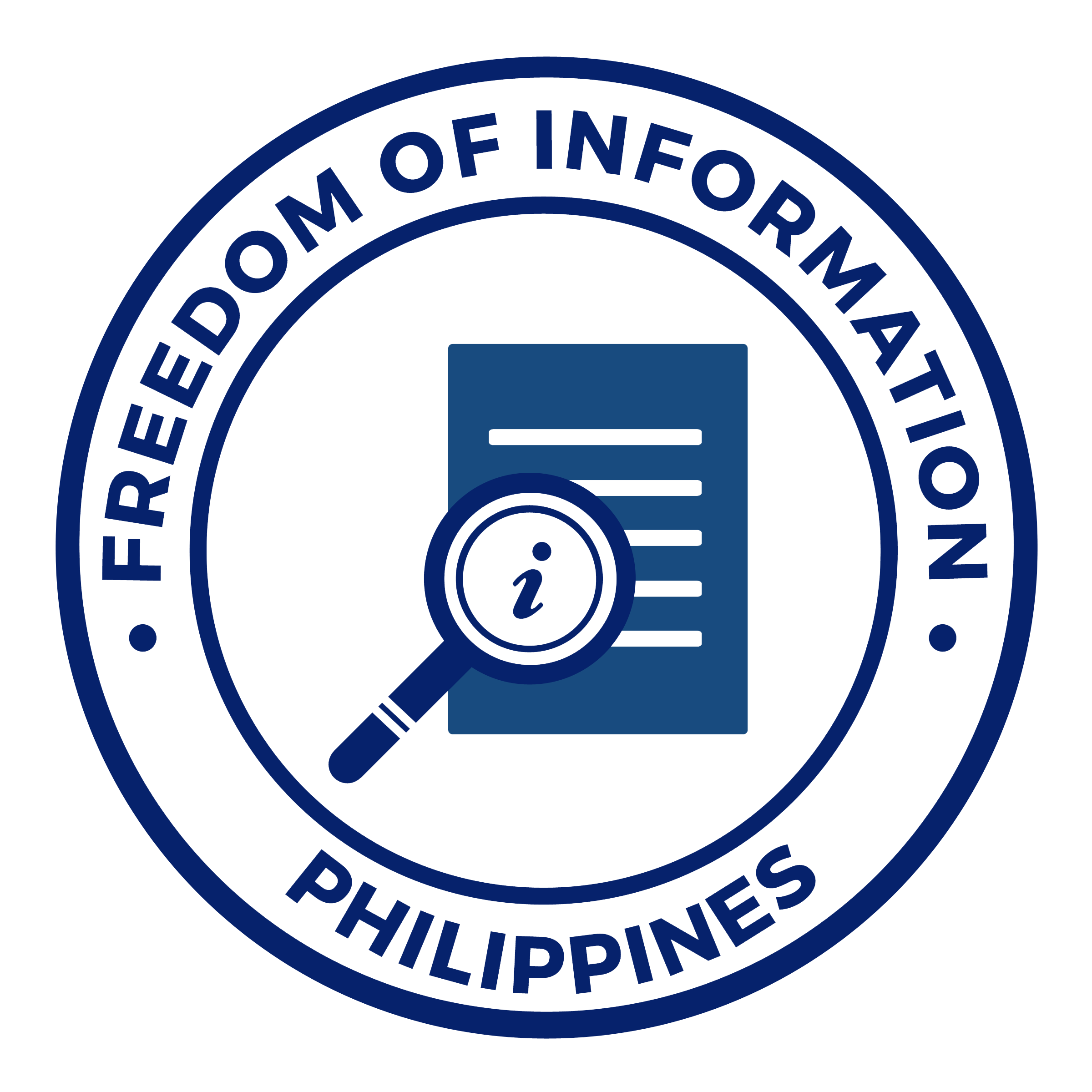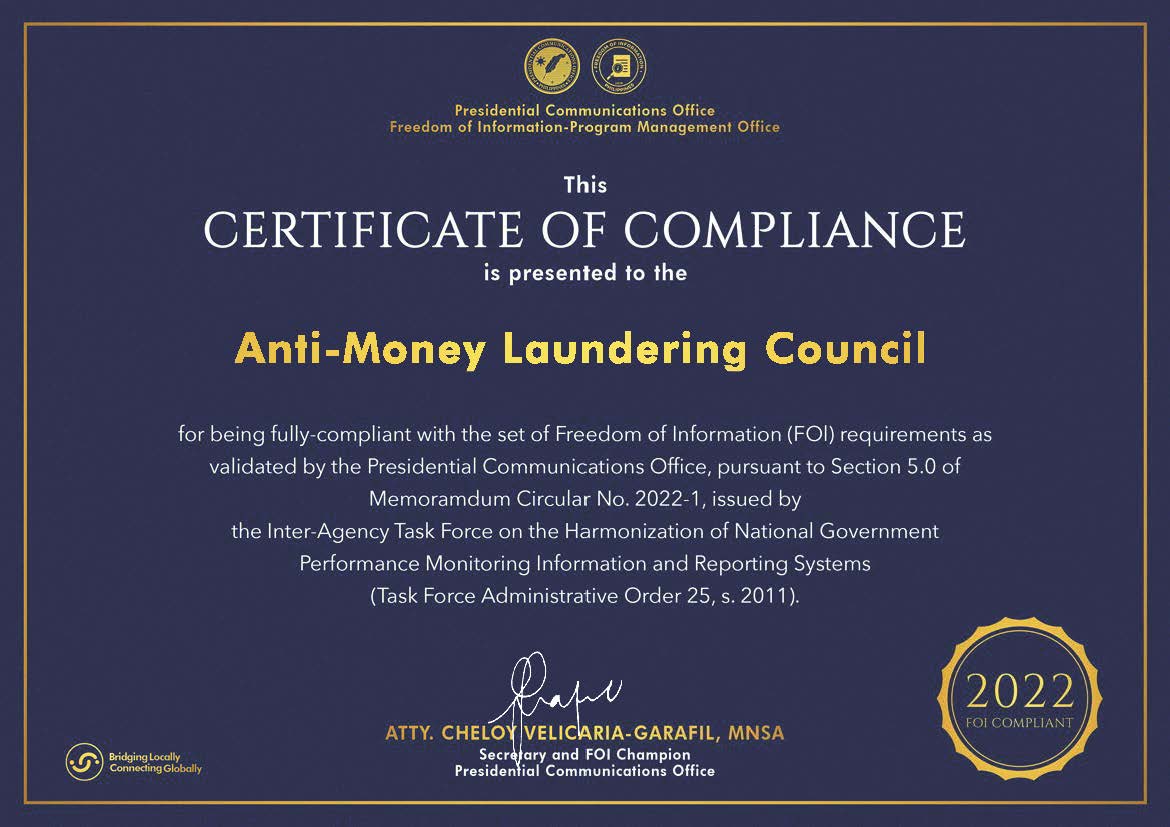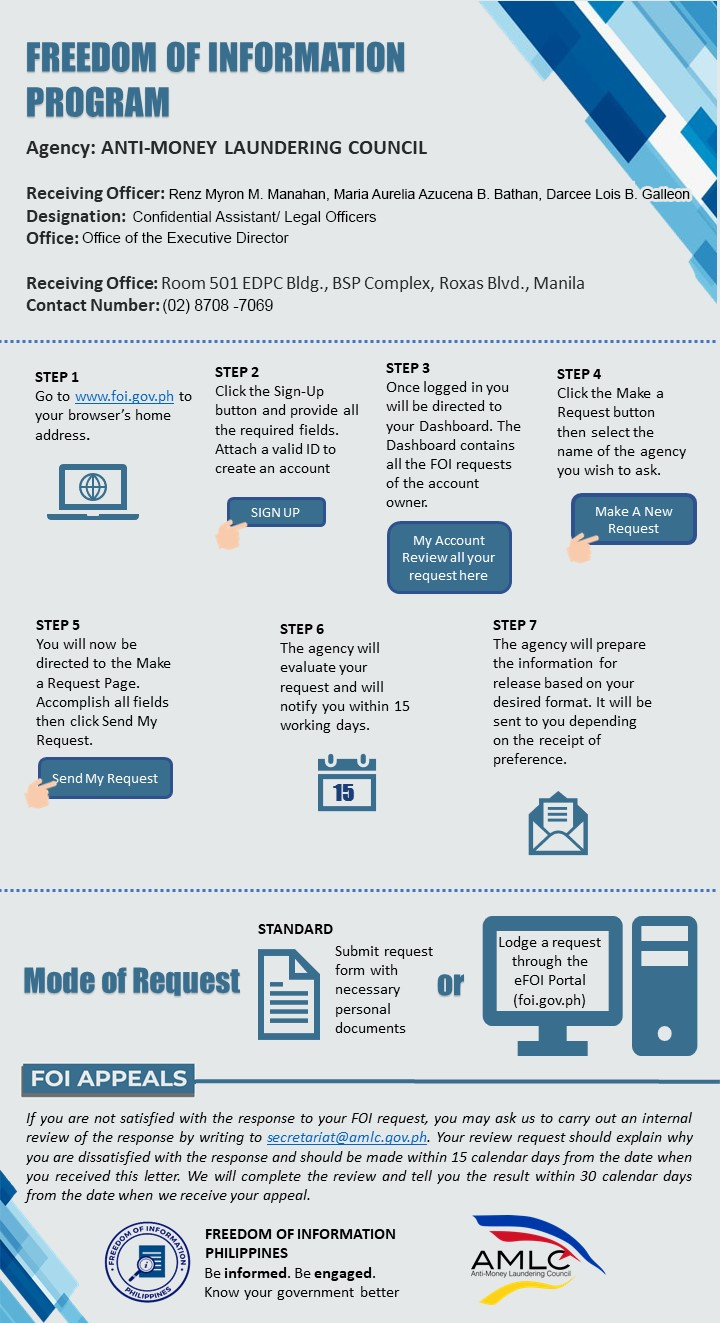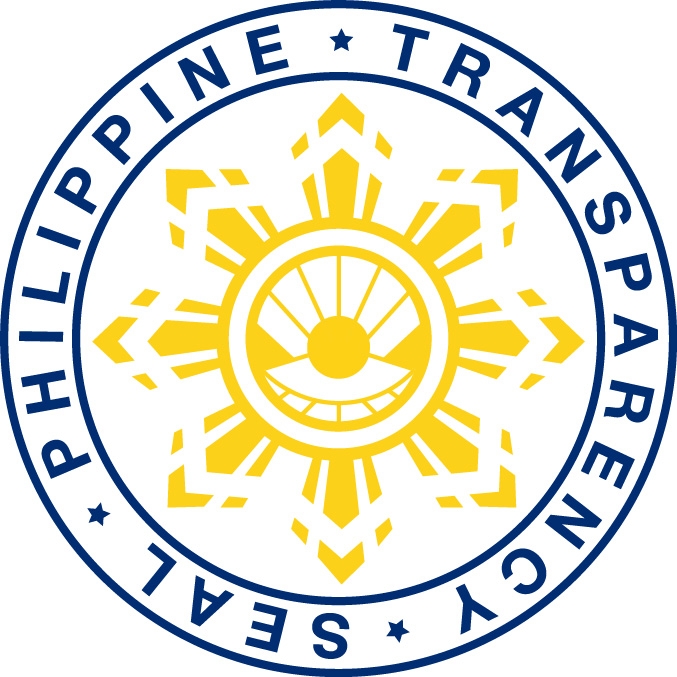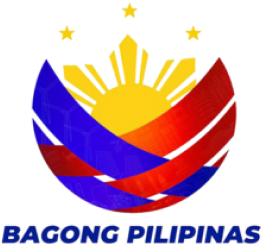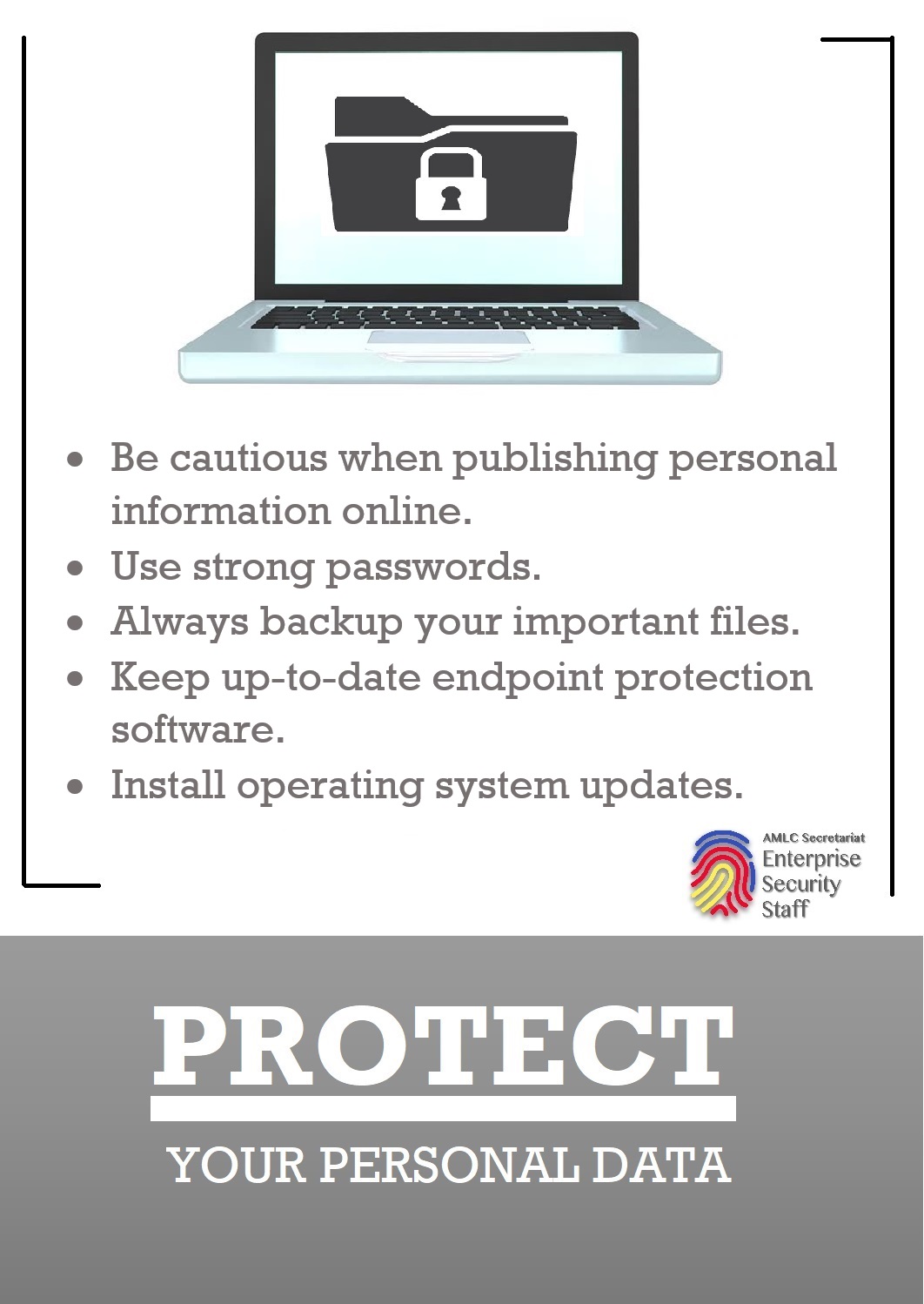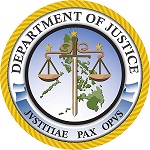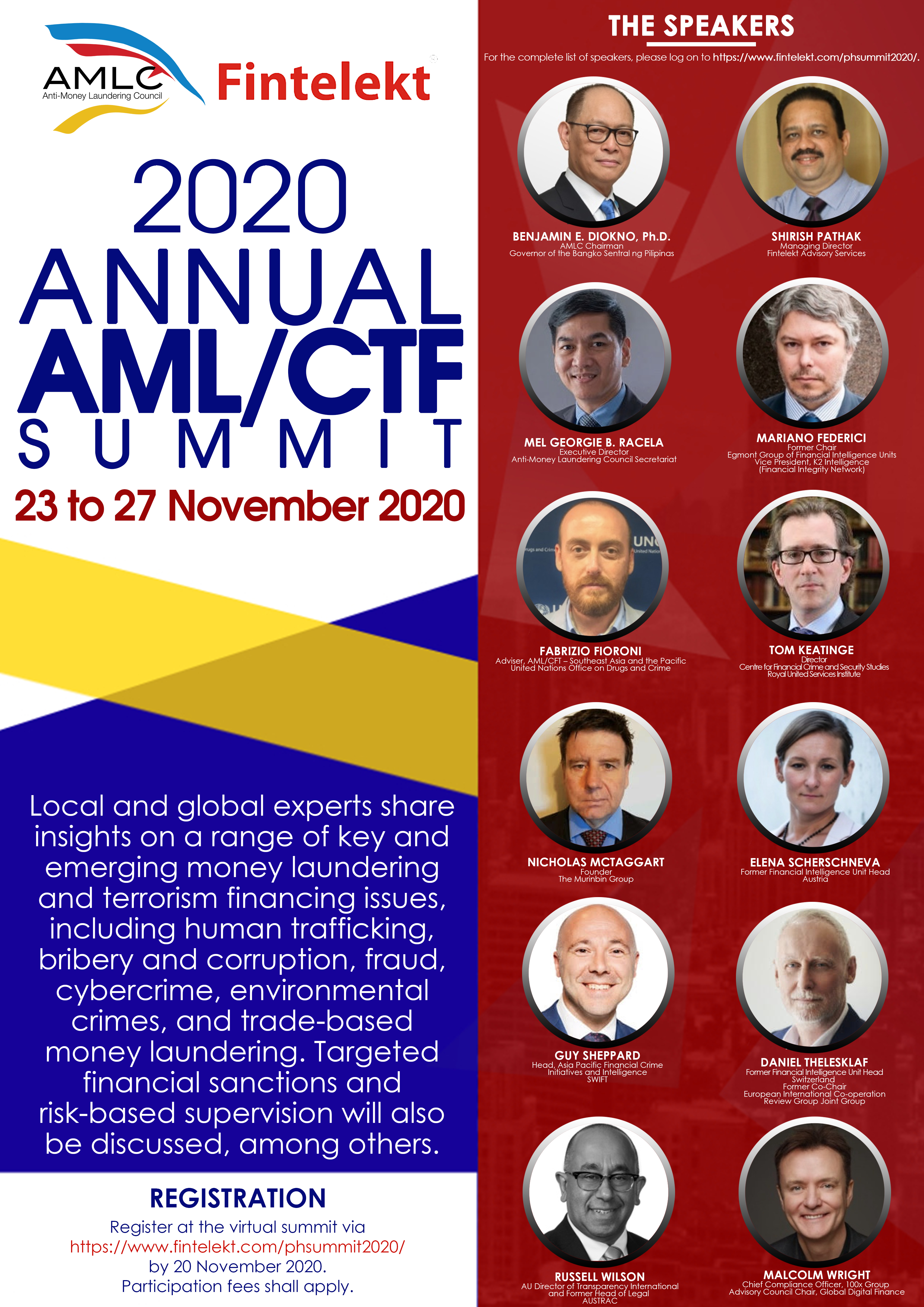News And Announcements
ARI No. 5, Series of 2020: Adoption of the Enforcement Action Guidelines
The AMLC releases the Enforcement Action Guidelines, providing procedures for the resolution of administrative cases at the level of the Compliance and Supervision Group of the AMLC Secretariat, prior to the filing of a formal charge under the Rules of Procedure in Administrative Cases (RPAC).
Enforcement actions are measures that are used when circumstances surrounding the non-compliance warrant a less severe form of supervisory action and the covered persons exhibit willingness to voluntarily address compliance issues within a reasonable period of time and without the necessity of filing a formal charge under the RPAC. These enforcement actions include, but are not limited to, the following:
- Warning;
- Compliance letter;
- Notarized compliance commitment;
- Look back;
- Compliance testing;
- Audit by an independent external auditor;
- Restitution of funds or property; and
- Public advisory.
The guidelines provide the option for the covered person to choose a reduced assessment, thereby paying an assessment lower than what would otherwise be computed pursuant to the RPAC if a formal charge is filed. A covered person may opt to settle for a reduced assessment during the assessment process and pay only 25 percent of the supposed penalty under Section 2, Rule IV of the RPAC.
Further, the guidelines encourage voluntary disclosures by covered persons of possible violation/s to ascertain the root cause of the issues involved and resolve them at the earliest possible time. A covered person voluntarily disclosing possible violation/s may be given only a warning or reprimand, or may be eligible for an exemption from monetary penalty, or significantly reduced assessment (reduction in assessment of up to 90 percent of the supposed penalty under Section 2, Rule IV of the RPAC), provided that the covered person took steps to immediately correct the possible violation/s and has showed that the root cause had been effectively addressed.
The guidelines will take effect 15 days after its publication in a national newspaper of general circulation.
To download a copy of the guidelines and flowcharts, please click the following links below.
- ARI 5, Series of 2020 - Approved Enforcement Guidelines (Original Signed)
- Annex A to the Enforcement Guidelines - Enforcement Action Procedures Flowchart
- Annex B to the Enforcement Guidelines-Reduced Assessment Flowchart
- Annex C to the Enforcement Guidelines-Voluntary Disclosures Flowchart
###
Reminder for covered persons to require the presentation of COR with the AMLC for DNFBPs as part of CDD measures
Please click the link for further details.


 REVISED 2 3.jpg)

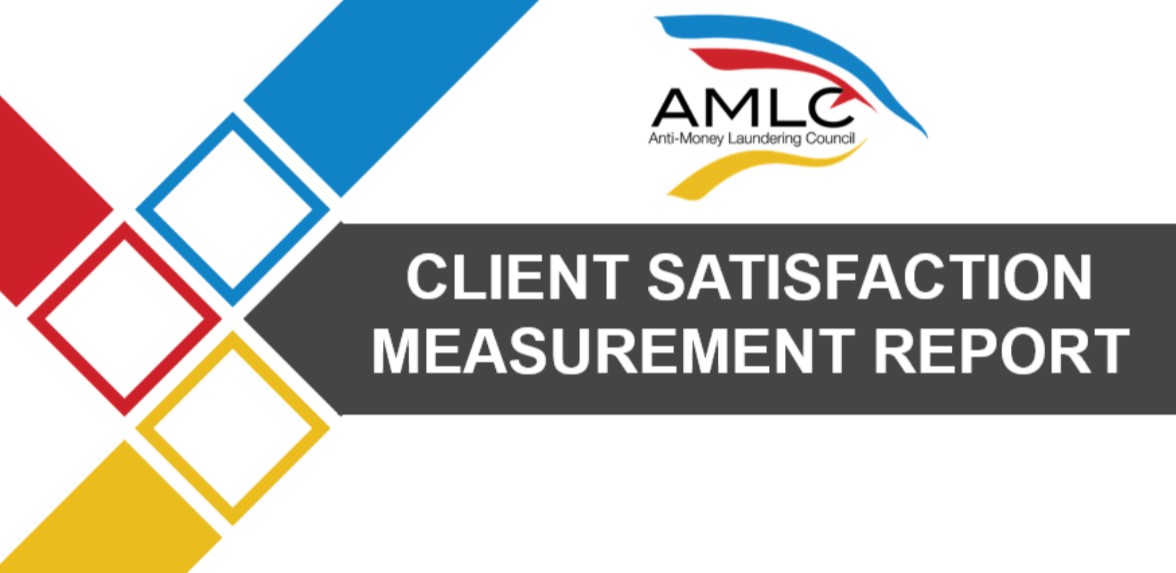 2024 (First Edition)
2024 (First Edition)